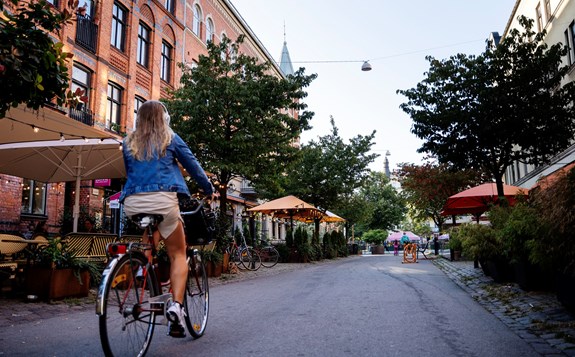We use cookies on this website. Cookies help us deliver the best experience on our website. Read about cookies.
-
- My Studies
- My Studies
-
- New student
- New student
- Malmö Smart Start Guide
- Schedules
-
- Book group rooms and find your way around Campus
- Book group rooms and find your way around Campus
- Codes of conduct
- Amphitrite
- Exams
- Registration, certificates & administration
- Withdrawal and leave from studies
- Applying for credit transfer
-
- Rights and responsibilities
- Rights and responsibilities
- Your studies and AI
- Harassment and discrimination
- Scholarships for current students
On the page -
- Student Services
- Student Services
-
- Writing Centre and support
- Writing Centre and support
- Take-home exams and written assignments
- Maths workshop
- Student Health Services
- Study guidance
- Studying with a disability
- University Chaplaincy
On the page -
- Jobs and internships
- Jobs and internships
-
- Innovation and entrepreneurship
- Innovation and entrepreneurship
- Leapfrogs
- Internships
- Career guidance
- Vertically integrated projects (VIP) programme
On the page
A sustainable university
university
Malmö University works continuously on sustainability and our environmental goals. There is a climate framework as well.
Malmö University's long-term ambition is to contribute to sustainable development and to sustainable use of resources. We do this by integrating sustainability into our education, utilising research results and by conducting systematic environmental work to support sustainable resource use.
Five tips for sustainable studies
- Walk, ride your bicycle or take public transport. It's good for your health as well as for the environment; it also helps reduce traffic noise and emissions.
- Avoid printing and photocopying. Read texts on screen, and scan documents and file electronically whenever possible.
- Bring an empty lunchbox. Did you know you can take an empty lunchbox and ask a lunch restaurant to fill that rather than their own disposable packaging?
- Switch off and shut down. There are still rooms that don't switch on and off automatically, so keep your eyes open and switch off when you see lights on in empty rooms. Switch off computers and screens when you can.
- Share your sustainability tips with others. We are all on a quest to be greener, if you have any ideas or suggestions, tell your classmates.
Recycling
Malmö University recycles the same general fractions as Malmö city. In addition, some areas, such as laboratories and workshops, may have additional recycling fractions. In most of the Campus buildings, paper towels from WCs is also recycled. This measure has contributed to a drastic reduction in residual waste and increased the volume of recycled paper.
Environmental goals and environmental investigation
The main areas involved in the University’s environmental goals are climate impact, buildings, waste and chemicals, sustainable procurement and indirect environmental impact from purchases, collaborating partners and students, training, as well as research and doctoral education
Climate Framework for Higher Education Institutions
Malmö University is one of the Swedish higher education institutions that has signed the Climate Framework for Higher Education Institutions. The current climate challenge requires changes in all sectors of society, and universities and other higher education institutions have a central role in this work. We have an important task to contribute to the climate transition through our teaching, research and collaboration, but we also need to reduce the climate impact of our own activities.
We see climate change as a crucial and priority issue for the future, and commit ourselves to:
- continuing to contribute to society's ability to achieve its goals through education, research and collaboration
- reducing our own climate impact in line with society's commitments as expressed in national and international agreements
- setting ambitious climate change targets and allocating resources to achieve and monitor these targets
- clearly communicating our climate work to inspire and disseminate knowledge to other actors and to citizens.
Climate network
Linked to the Climate Framework is the Climate Network, a national network that aims to strengthen cooperation and exchange between higher education institutions in the field of climate change and make it easier for higher education institutions to fulfil their part of the Paris Agreement. One or more higher education institutions are responsible for various focus groups within which most of the network's work is conducted. Five focus areas have been selected on the basis of their climate impact and practical feasibility, and these are:
- Buildings
- Sustainable leadership
- Purchasing and procurement
- Learning for sustainable development
- Business travel


